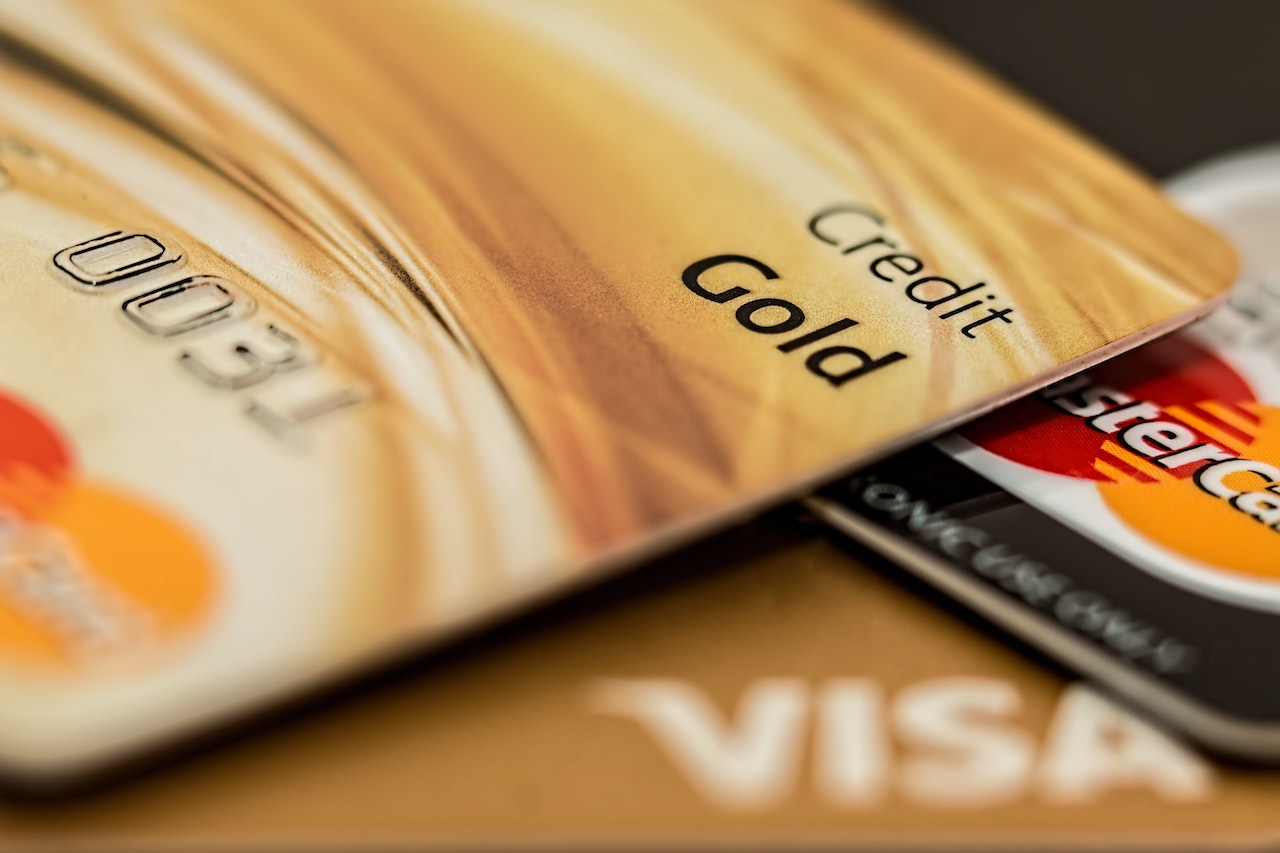Credit cards can be really useful when you don’t have the money immediately available to pay for something or when you want to build your credit score. Here are some things that you should know about credit cards before you start spending.
What is a credit card for?
Credit cards are a type of loan where you’re effectively borrowing money from a credit card provider. There’s a limit to how much you can borrow and, like with other types of loan, you’ll need to repay it within a time limit. If you can’t pay off your whole outstanding balance each month you can spread out your repayments, just be sure you make at least a minimum payment. When you pay back over time you’ll be charged interest every month on what you owe.
Credit cards are really useful for covering the cost of big purchases that you can’t afford in one go, like a holiday or a car repair. In fact, paying for something like a holiday on your credit card can mean that you’re protected under section 75 of the Consumer Credit Act. This could help you to make a claim to your credit card company if your holiday is cancelled, for example.
Some credit cards let you transfer balances from other cards so you can manage or consolidate debts. Like any type of loan, it’s important that you pay off any balance that you transfer in the required timeframe. While some balance transfer cards offer 0% interest periods, you may still need to pay interest on these balances and most cards charge a fee to transfer a balance on to them.
Credit cards: The dos
Choose the right card
There are a variety of credit card types to choose from and it’s important that you do your research before applying. For example, you might want to consolidate debts using a balance transfer card or, if you’re going abroad, you may want a travel credit card with no foreign exchange rates. Take the time to work out what you need and always make sure you can afford the repayments.
Take advantage of reward schemes
Some credit cards include rewards in the form of cashback or points that can be transferred into vouchers. When choosing a credit card, look at any reward options that are available, but be aware it can sometimes be counter productive. If you focus on collecting rewards but can’t clear your balance every month you’ll be paying interest, which could cancel out the value of the rewards. To avoid this you should set up a Direct Debit to repay your balance in full each month.
Pay off as much as you can each month
When setting up your repayment schedule, make sure that you know how much you can afford to pay each month. The more you can pay each month, the quicker you’ll pay off what you owe, which reduces how much interest you’re charged over time.
Credit cards: The don’ts
Don’t spend more than you can afford
It can be tempting to splurge, but it’s only worth spending if you can make the repayments. Spending more than you can afford to pay back could mean you might miss a payment, and this can affect your credit score.
Don’t use your card to get cash out
Remember, a credit card is not like a debit card. If you withdraw money from a cash machine using your credit card you’ll be charged a cash advance fee. You could also be charged interest from the date you make the withdrawal. Sometimes it’s unavoidable, but if you can avoid using your credit card in this way, you’re less likely to spend more money than you need to on your card.
Don’t share your information
As with any form of financial information, never share your credit card details with other people. This will help you avoid being the victim of fraud.
